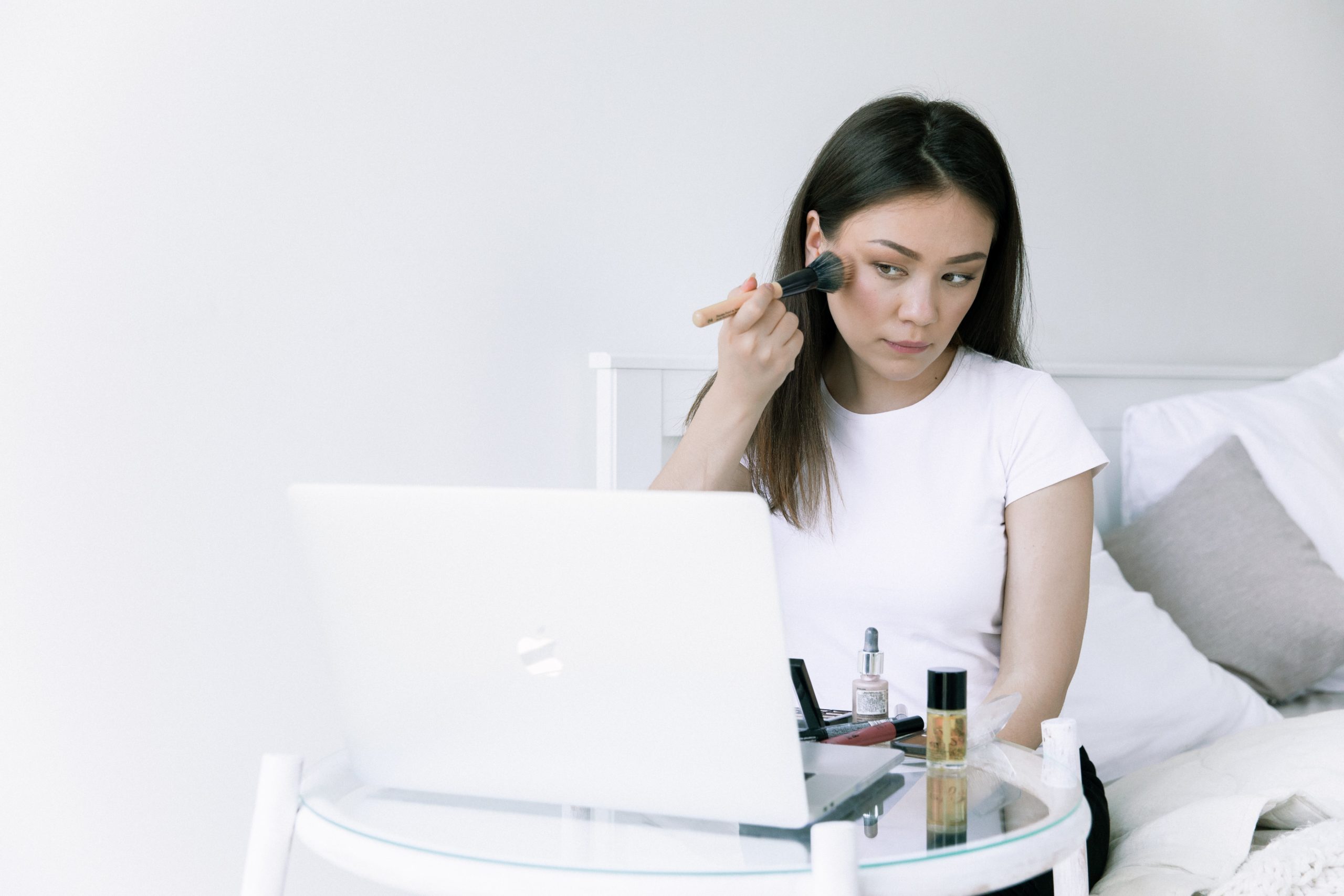In times of crisis, whether personal or global, the pursuit of beauty and self-care may seem trivial compared to the weight of challenges. However, these practices play a crucial role in maintaining mental health, fostering resilience, and creating a sense of normalcy amid chaos.
This article delves into the profound impact of beauty and self-care during times of crisis, offering insights into the therapeutic benefits and practical strategies for incorporating self-care into challenging periods.
The Therapeutic Power of Beauty
Beauty and self-care are not mere indulgences but powerful tools for emotional and mental well-being. Engaging in beauty routines and self-care practices can act as a form of therapy, providing a respite from stress and anxiety.
During times of crisis, the beauty rituals we adhere to can become a source of comfort and stability. Whether it’s a calming skincare routine, a soothing bath, or the application of a favorite fragrance, these rituals create a sense of normalcy and control in the midst of uncertainty.
Moreover, the act of caring for oneself, both physically and emotionally, sends a powerful message of self-love and resilience. It is a declaration that, despite external challenges, individuals prioritize their well-being and mental health.
Strategies for Self-Care in Times of Crisis
1. Establishing Rituals and Routines
Amid chaos, establishing daily rituals and routines can provide a sense of structure and stability. This can include a morning skincare routine, regular exercise, or dedicating time to a favorite hobby. Consistency in these activities fosters a feeling of control over one’s life.
2. Mindful Beauty Practices
Transforming beauty routines into mindful practices can enhance their therapeutic benefits. Rather than rushing through a skincare routine, take the time to be present, savoring each step. This mindfulness not only contributes to a sense of calm but also amplifies the effectiveness of the self-care ritual.
3. Using Nature
Connecting with nature is a powerful form of self-care. Whether it’s a walk in the park, tending to indoor plants, or simply gazing at the sky, nature has a calming effect on the mind. Integrating natural elements into beauty routines, such as using botanical-infused products, can further enhance the sense of connection.
4. Creative Expression
Engaging in creative pursuits is a therapeutic way to channel emotions during times of crisis. Whether it’s experimenting with makeup, creating art, or journaling, these activities offer an outlet for self-expression and a means of processing complex emotions.
5. Digital Detox
Constant exposure to crisis-related news and social media can contribute to stress and anxiety. Implementing regular digital detoxes allows individuals to disconnect, focus on self-care, and cultivate a mental space free from external pressures.
The Role of the Beauty Industry in Supporting Mental Health
Recognizing the impact of beauty and self-care on mental health, the beauty industry has advanced to promote holistic well-being. Brands now emphasize ingredients known for their calming properties, and packaging often incorporates mindfulness elements.
Moreover, the rise of clean beauty reflects a growing awareness of the connection between what we apply to our skin and our overall health. Consumers are increasingly seeking products that contribute to their well-being, both physically and emotionally.
Beauty brands have also embraced inclusivity and body positivity, acknowledging that beauty standards vary and encouraging self-acceptance. This shift promotes a more compassionate and nurturing approach to self-care, recognizing that beauty comes in diverse forms.
Conclusion
In times of crisis, the pursuit of beauty and self-care is not frivolous but a vital aspect of maintaining mental health and resilience. Beauty rituals and self-care practices offer a refuge from the chaos, providing individuals with the tools to navigate challenges with grace and fortitude.
By embracing mindful beauty practices, establishing routines, incorporating nature, engaging in creative expression, and recognizing the role of the beauty industry in supporting mental health, individuals can harness the therapeutic power of self-care during challenging times.
FAQs
Q1: Is self-care during a crisis considered a luxury?
Self-care is not a luxury but a necessity, especially during times of crisis. It involves prioritizing one’s well-being to navigate challenges with resilience.
Q2: How can I create a beauty routine that promotes mindfulness?
Transforming your beauty routine into a mindful practice involves being present in each step. Focus on the sensations, scents, and textures of the products, turning the routine into a calming and intentional ritual.
Q3: What role does the beauty industry play in mental health awareness?
The beauty industry now emphasizes ingredients with calming properties, promotes inclusivity, and embraces body positivity. Many brands contribute to mental health awareness by fostering a holistic approach to beauty that prioritizes overall well-being.



